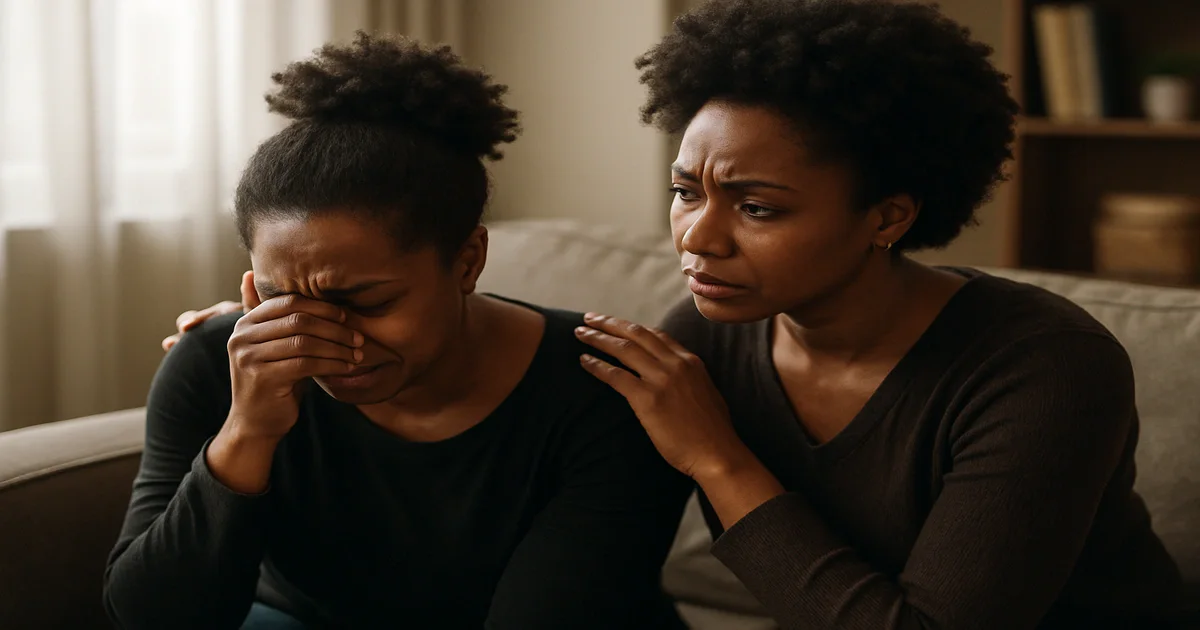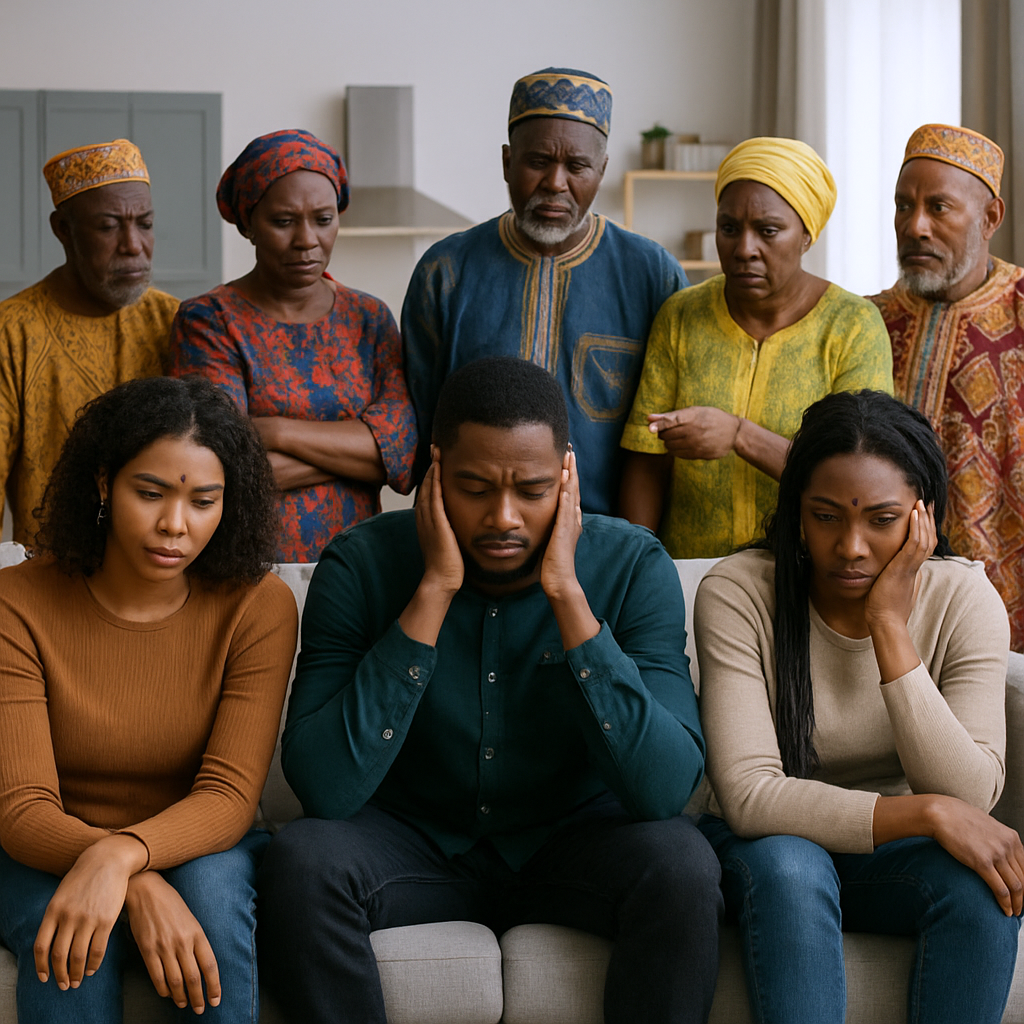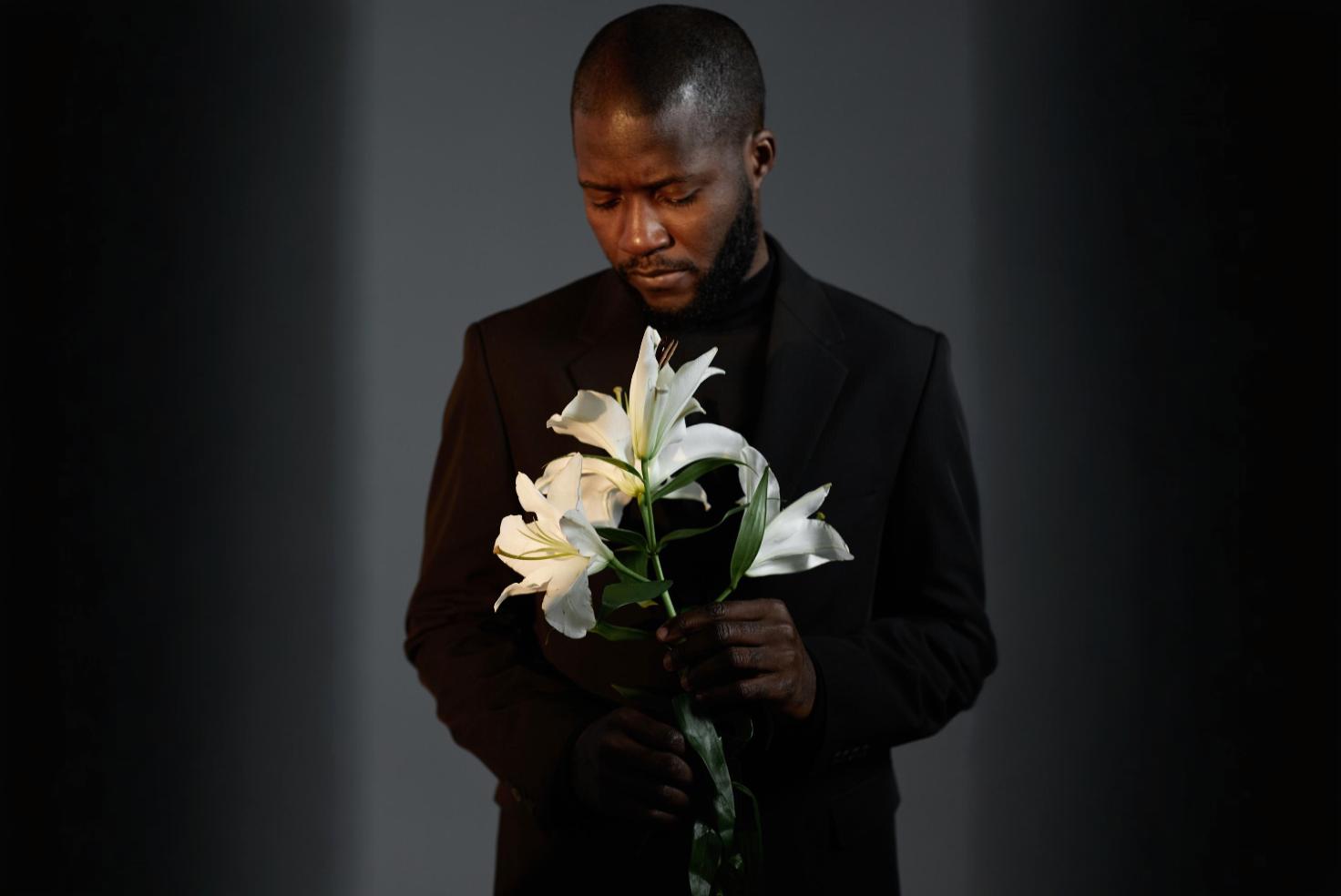When a loved one passes, grief is often accompanied by complex decisions — one of the most sensitive being: who should take the lead in planning the funeral? In many families, this becomes a point of confusion or even quiet tension, especially when the immediate children and extended family members (like uncles and aunties) have different views.
At WithPema, we know these moments are tender. Let’s gently unpack this question to help grieving families find clarity — and compassion.
Understanding the Emotional Landscape
Funerals are not just rituals — they are acts of love, memory, and sometimes reconciliation. The question of who leads is not only about logistics but also about respect, tradition, and grief expression.
There are typically two central groups involved:
Children of the deceased – Often seen as the closest next of kin, they may feel a deep responsibility to honor their parent’s life and wishes.
Uncles and aunties (siblings of the deceased) – As elders or longstanding family figures, they may feel they hold cultural or traditional authority over funeral matters.
Both perspectives are valid — and both come from love.
Cultural Norms vs. Modern Realities
In many cultures, extended family members — especially elder siblings of the deceased — are expected to take charge. This often stems from longstanding traditions that value hierarchy and seniority. These customs can offer comfort, providing a familiar structure during a painful time.
However, in more modern or urban contexts, the children are increasingly expected to lead, particularly if:
They were the primary caregivers
They lived with or were closest to the deceased
They have clearer knowledge of the deceased’s personal wishes
The shift isn’t about disrespecting elders — it’s often about honoring the emotional and practical closeness that the children had with their parent.
So… Who Should Lead?
There is no one-size-fits-all answer — but here are a few gentle questions to guide your family:
Who did the deceased express their wishes to?
Who is emotionally prepared and practically available to manage details?
How can responsibilities be shared, so no one feels excluded?
Ideally, the funeral becomes a shared act of love, not a battleground of roles.
Finding a Middle Ground
Rather than seeing this as an either/or decision, consider a collaborative approach:
Let children take the lead in logistics and honoring specific wishes
Let uncles and aunties guide cultural or traditional protocols
Assign meaningful roles to all — from delivering eulogies to performing rites
This way, the funeral becomes a collective remembrance, drawing strength from every generation.
Closing Thought
Grief can stir up many old family dynamics. But funerals are a chance to move gently — to listen, honor, and support one another in love.
At WithPema, we’re here to offer gentle guidance for these deeply human moments — so you don’t have to navigate them alone.





